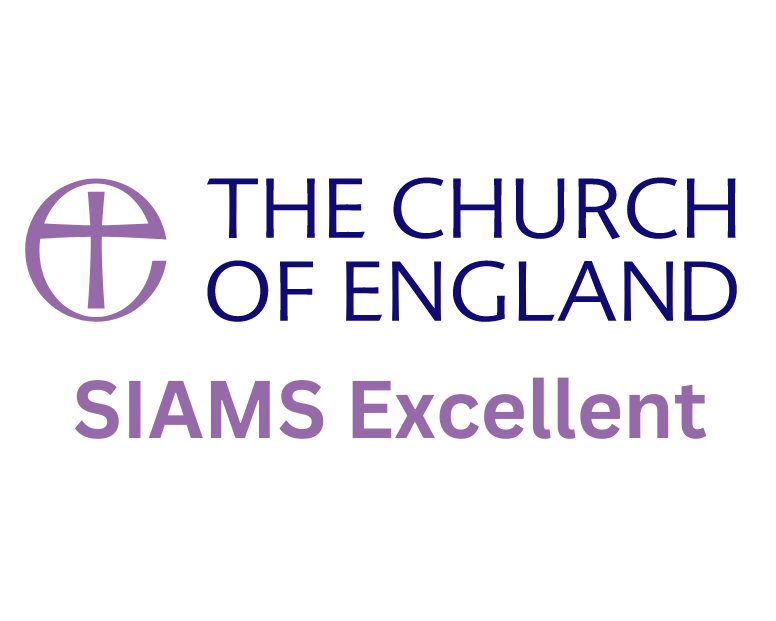Why choose A Levels, what’s involved?
A Levels are Level 3 qualifications that you can choose to take after your GCSEs.
You can take A Levels in schools, sixth form centres or at some Further Education Colleges. They are very well regarded by universities and employers.
A Levels will give you a chance to find out about your GCSE subjects in greater depth or you can choose to study one of the subjects that many schools and colleges only offer at A Level such as Law, Economics or Psychology. They are good preparation if you are thinking of going onto higher education or if you are not sure of your career plans, as they can keep your options open.
To study A Levels you will need to have done well in your GCSEs. Most schools and colleges will expect you to have gained grades 9-4 (A*-C in old grades) in your GCSEs with a minimum of grade 4 in English Language and Maths. Specific requirements can vary from four passes to six passes, so you should check with each institution. Often you will need a GCSE at grade 6 or above in a subject if you want to go on to study it at A Level.
A full A Level qualification is achieved after 2 years of study. How many you take depends on how well you have done in your GCSEs and what the school or college suggests would be best for you. Some students with very high GCSE grades take 4 A levels, but most students take 3 subjects, some sixth forms offer 4 to start then you can drop one later.
Different schools and colleges will offer a different range of subjects and a different combination of options so it’s best to research what’s on offer and what will suit you.
AS qualifications used to be on offer in most schools but this has been changing over recent years. AS qualifications attract UCAS points and are independent qualifications. Some schools and colleges will offer these, but not all, so you will need to do your research.
Vocational qualifications alongside A Levels
It is possible to combine vocational qualifications such as BTEC Level 3 qualifications or OCR qualifications with A Levels. These qualifications attract UCAS points in the same way as A Levels do.
Both universities and employers really value A Levels.
After AS or A Level qualifications, many students continue their study or training through an apprenticeship, vocational qualification or a higher education course at a university or college.
A Levels are graded A*-E and these are all regarded as pass grades and gain UCAS points towards entrance to higher education. The points awarded for A Levels, AS Levels and other qualifications are sometimes called ‘tariff points’ or UCAS points (after UCAS, the admissions service for higher education).
Different universities and colleges and different courses require different amounts of Tariff Points. When you apply to university, your offer may be based on points or on grades.
Some employers now specify a required number of UCAS points for some of their jobs or apprenticeships.
To see how many points other qualifications are worth look at the UCAS Tariff calculator.
A Level students thinking about apprenticeships
If you are doing A Levels you might be considering either an apprenticeship or university course when you finish.
An apprenticeship can be a good route if you want to get training for a specific job sector and be earning at the same time. There are all sorts of opportunities for fantastic apprenticeships developing all the time.
However, if you are thinking of an apprenticeship there are a few things you need to consider:
- Apprenticeship vacancies for the summer after you finish your A Levels are advertised throughout the year and the closing dates can vary. Therefore, if you are undecided about whether to choose an apprenticeship or higher education path it is probably best to apply for higher education as well as look for apprenticeship vacancies. If you get an apprenticeship you can always decline your university offer.
- There are 40+ different job areas now offering Higher Apprenticeships, which are higher education level qualifications (Level 4+). Employers are asking for A Levels and other Level 3 qualifications as entry requirements. Search for vacancies online at the gov.uk website or unifrog and by looking at companies’ websites or make speculative applications.
- Higher and degree apprenticeships are likely to be very competitive!
- If you do not have the relevant job-specific experience you might have to complete an Advanced Apprenticeship, even though these are the same level qualifications (Level 3) as A Levels – although you might be able to complete it quicker than a 16 year old.
- Not all sectors offer Higher Apprenticeship qualifications so make sure you check if they are available in your chosen sector.
- For some jobs a university degree is the only pathway e.g. doctor, dentist, vet, etc. and there is no apprenticeship pathway.
What is the difference between A levels and vocational qualifications?
At the end of your GCSEs there are a range of choices at 16. These include staying on in the sixth form, going to a college, or doing an apprenticeship.
If you achieved 5 GCSEs at grade 4-9 then you will have a Level 2 qualification and could progress to a Level 3 qualification such as A Levels, some apprenticeships or vocational qualifications.
Vocational qualifications, often called BTECs, OCRs, City and Guilds, etc. can sometimes be done alongside A levels, in a Sixth Form or in a college.
A Levels are general academic qualifications.
Lots of young people choose to do A Levels (and AS Levels) and these are considered to be excellent general academic qualifications that are valued by employers and universities alike. A Levels offer a great route to degree level study.
A Levels can give young people a chance to find out about their favourite GCSE subjects in greater depth or perhaps do one of the subjects that many schools and colleges only offer at A Level such as Law, Economics or Psychology.
A Levels are good qualifications for entry to higher education. Each A Level earns UCAS tariff points, which count towards entry for university. Vocational qualifications at Level 3 also earn UCAS points and are accepted by universities, but some higher education courses will only accept A Levels.
Level 3 BTECs (and OCR, City and Guilds) are vocational qualifications available in a wide range of subjects. People choose these courses if they are interested in learning more about a particular job sector or industry. The qualifications offer a mix of theory and practice and can also include an element of work experience. Level 3 vocational qualifications are usually studied full-time at college, or at school (or in collaboration between a school and college) and can also be taken part-time.
Level 3 vocational qualifications can be studied instead of, or in combination with, A Levels. At Level 3, many of these qualifications are awarded UCAS tariff points for entry to higher education. Level 3 vocational qualifications are also sometimes called Applied General Qualifications.
A range of different assessment methods are likely to be used – such as assignments, tests, observations of learner performance, role-play, work-based assessment, production of visual or audio materials and products. Generally, assessment is less exam-based and more coursework and project focused.
If you are intending to study at university in the future it is worth checking entry requirements to see if the vocational qualification will be accepted for entry to the course that you are interested in studying in the future. More and more universities are accepting vocational qualifications as entry but you do need to check.






